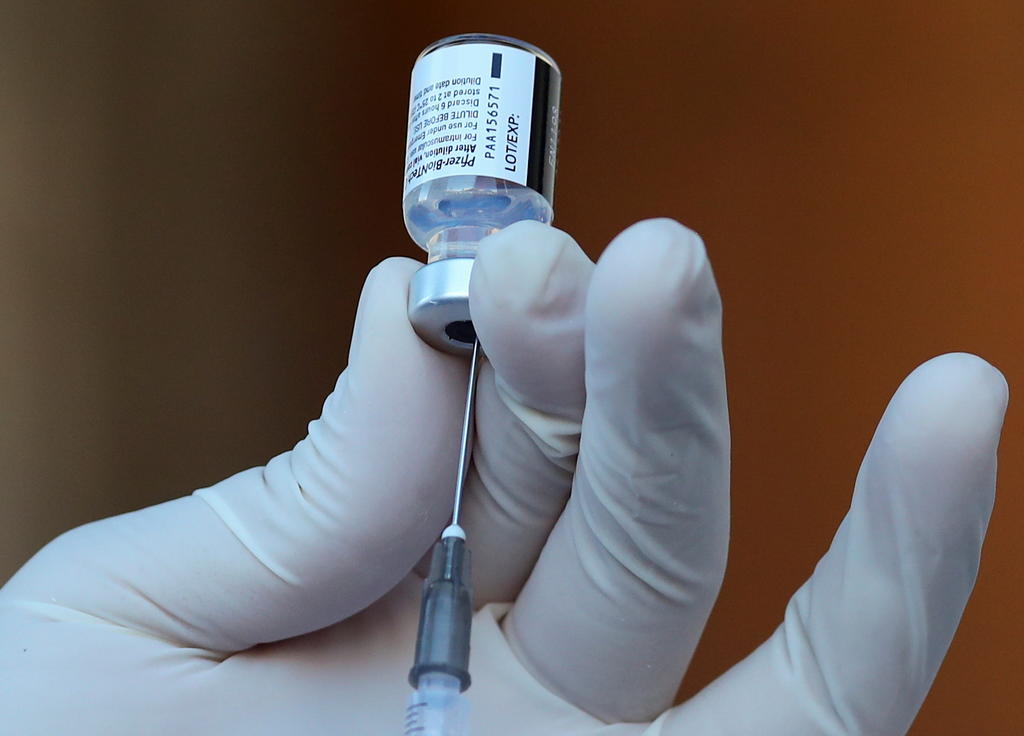LONDON, (Reuters) – One dose of Pfizer COVID-19 vaccine offers an immune response similar to that generated by infection and could also offer protection from variants to people who have previously had the virus, a British study said today.
Britain in December opted to extend the gap between doses in its vaccine rollout to up to 12 weeks, with officials saying they were confident in their analysis that initial doses of Pfizer and AstraZeneca vaccines generated some protection.
The study, led by Sheffield and Oxford Universities with support from the UK Coronavirus Immunology Consortium, and released as a pre-print on Friday, found 99% of people generate strong immune responses after one dose of the Pfizer-Biontech vaccine.
It backs up real-world data on Britain’s vaccine rollout from a study called SIREN which has found that one shot of either vaccine reduces severe disease.
“SIREN is actually showing very high vaccine effectiveness against hospitalisation after a single dose, with the majority of these people having not had infection before. So what we’re trying to do is look at the mechanisms for that,” Susanna Dunachie of the University of Oxford’s Nuffield Department of Medicine, told reporters.
“We are seeing T-cell and antibody responses after one dose in people who have not had infection before. So we find that quite reassuring.”
The study is the largest real world study on T-cell and antibody responses from Britain’s vaccine rollout, and looked at healthcare workers, mainly women, who were given one dose of the Pfizer shot.
The researchers analysed blood samples from 237 people, and found that the antibody and T-cell responses in those who had not previously had COVID-19 resembled those generated by natural infection.
Those who had been previously infected generated a stronger and broader immune response, with a T-cell response that was around six times higher than those who had not been infected.
Thushan de Silva, study author from the University of Sheffield, also said that boosting pre-existing antibody responses could provide protection against coronavirus variants, including the one first discovered in South Africa which has been shown to reduce the efficacy of existing vaccines.









